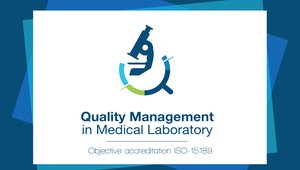
Fondation Mérieux
La Fondation Mérieux : plus de 50 ans de lutte contre les maladies infectieuses
Créée en 1967, la Fondation Mérieux est une fondation familiale indépendante reconnue d’utilité publique. Sa mission est de contribuer à la santé mondiale par le renforcement des capacités locales des pays en développement pour réduire l’impact des maladies infectieuses qui affectent les populations vulnérables, en particulier la mère et l’enfant. Présente dans une vingtaine de pays en Afrique de l’Ouest, en Amérique latine, en Asie et au Moyen-Orient, la Fondation Mérieux articule son action autour de quatre objectifs :
- accroître l’accès des populations vulnérables au diagnostic,
- renforcer les capacités locales de recherche appliquée,
- développer l’échange de connaissances,
- agir pour la Mère et l’Enfant dans une approche de santé globale.
Afin de répondre aux objectifs qu’elle s’est fixés, la Fondation Mérieux conçoit notamment des projets d’accompagnement et de formation en matière de qualité, destinés aux laboratoires.
Related courses
 CategoryCertificate
CategoryCertificate



